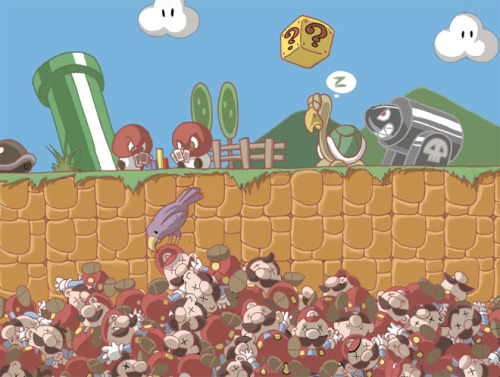Solitude and prison

Anderson was the chief Middle East correspondent for the Associated Press when, on March 16, 1985, three bearded men forced him from his car in Beirut at gunpoint. He was pushed into a Mercedes sedan, covered head to toe with a heavy blanket, and made to crouch head down in the footwell behind the front seat. His captors drove him to a garage, pulled him out of the car, put a hood over his head, and bound his wrists and ankles with tape. For half an hour, they grilled him for the names of other Americans in Beirut, but he gave no names and they did not beat him or press him further. They threw him in the trunk of the car, drove him to another building, and put him in what would be the first of a succession of cells across Lebanon. He was soon placed in what seemed to be a dusty closet, large enough for only a mattress. Blindfolded, he could make out the distant sounds of other hostages. (One was William Buckley, the C.I.A. station chief who was kidnapped and tortured repeatedly until he weakened and died.) Peering around his blindfold, Anderson could see a bare light bulb dangling from the ceiling. He received three unpalatable meals a day—usually a sandwich of bread and cheese, or cold rice with canned vegetables, or soup. He had a bottle to urinate in and was allotted one five- to ten-minute trip each day to a rotting bathroom to empty his bowels and wash with water at a dirty sink. Otherwise, the only reprieve from isolation came when the guards made short visits to bark at him for breaking a rule or to threaten him, sometimes with a gun at his temple.
He missed people terribly, especially his fiancée and his family. He was despondent and depressed. Then, with time, he began to feel something more. He felt himself disintegrating. It was as if his brain were grinding down. A month into his confinement, he recalled in his memoir, “The mind is a blank. Jesus, I always thought I was smart. Where are all the things I learned, the books I read, the poems I memorized? There’s nothing there, just a formless, gray-black misery. My mind’s gone dead. God, help me.”
He was stiff from lying in bed day and night, yet tired all the time. He dozed off and on constantly, sleeping twelve hours a day. He craved activity of almost any kind. He would watch the daylight wax and wane on the ceiling, or roaches creep slowly up the wall. He had a Bible and tried to read, but he often found that he lacked the concentration to do so. He observed himself becoming neurotically possessive about his little space, at times putting his life in jeopardy by flying into a rage if a guard happened to step on his bed. He brooded incessantly, thinking back on all the mistakes he’d made in life, his regrets, his offenses against God and family.
His captors moved him every few months. For unpredictable stretches of time, he was granted the salvation of a companion—sometimes he shared a cell with as many as four other hostages—and he noticed that his thinking recovered rapidly when this occurred. He could read and concentrate longer, avoid hallucinations, and better control his emotions. “I would rather have had the worst companion than no companion at all,” he noted.
In September, 1986, after several months of sharing a cell with another hostage, Anderson was, for no apparent reason, returned to solitary confinement, this time in a six-by-six-foot cell, with no windows, and light from only a flickering fluorescent lamp in an outside corridor. The guards refused to say how long he would be there. After a few weeks, he felt his mind slipping away again.
“I find myself trembling sometimes for no reason,” he wrote. “I’m afraid I’m beginning to lose my mind, to lose control completely.”
Hellhole

No comments:
Post a Comment